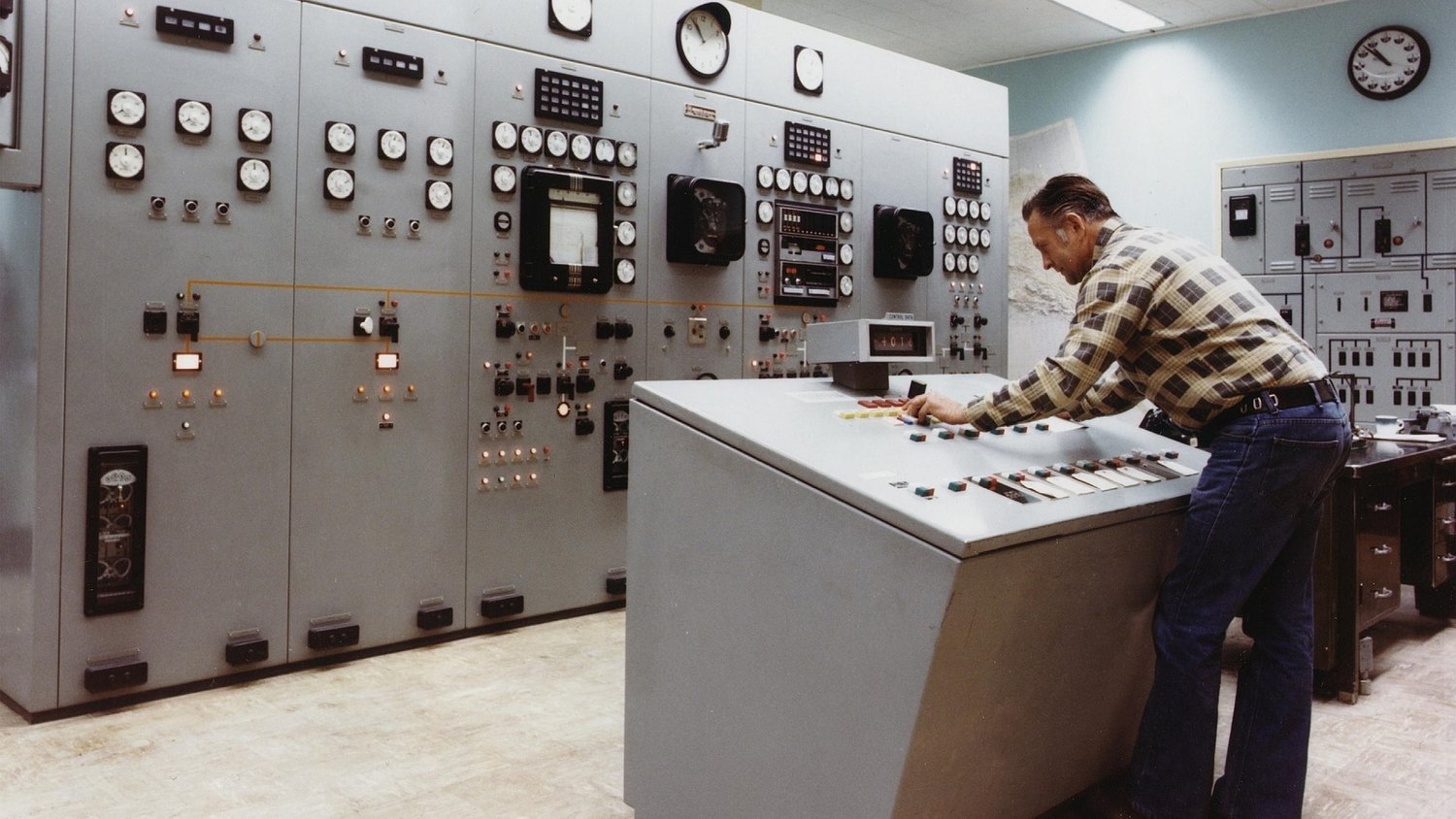Engagement and Influence. Why organizations fight to keep some people in the midst of layoffs.
“The true measure of a man is how he treats someone who can do him absolutely no good.”
Some people mistakenly believe the old saying: “If you don’t look out for #1, nobody else will.” But, the saying couldn’t be further from the truth. If you DO look out for “#1”, nobody else will. When people consider themselves to be the most important or the #1, they alienate themselves from the rest of the team. When they accidentally step out in front of a bus, no one is going to dive to save “#1” because he/she is perceived as controlling or manipulative. They are not valued by the rest of the team. Why would anyone take a risk and try to save them?
I have a passion for helping people who are struggling with burnout, so I've been spending a lot of time studying engagement. I believe that there are seven levels of engagement or the lack thereof. The great divide between engagement and disengagement comes down to this: Is the person a taker or a giver? The Actively Disengaged and the Passively Disengaged are both, of course, Takers. It is a bit more subtle, but I would say that the Passively Engaged are also Takers. They show up at work and do the tasks that they are assigned, but they do not commit to anything more than that. In fact, sometimes they are bold enough to say out loud, “Yeah, I’m just here for the paycheck.” Takers.
On the other side of the great divide are the Givers. I love working with Givers. They show up at work ready to pitch in. There are four type of givers: Actively Engaged, Resilient, Connectors and Transformers.
In this article, I’d like to take a look at the Connectors.
The 7 Characteristics of Connectors
Connectors Believe That They Have The Power To Make A Difference
At their very core, Connectors believe that they have the ability to make a difference in the lives of others. Many people, when they are under pressure, don’t think that they have any power to do anything. Connectors not only believe that they have power but they choose to use their power to help others.
Connectors Take The Time To Understand The Needs Of Others.
Many people show up at work and focus only on getting their own work done. Connectors take the time to understand the needs of individuals within their sphere of influence.
Connectors Care Enough To Ask About The Successes Of Others
Not only do people love to talk about their successes, but asking about successes is a great way to learn about someone’s strengths and resources. Connectors look for opportunities to learn.
Connectors Ask Great Questions
With over 30 years of disaster experience, I can say without a doubt, that the people that get the most done under pressure are the ones that ask the best questions. It is possible to determine how engaged someone is by the quality of their questions. Questions like, “So, what keeps you up at night?” or “What are you celebrating with your team?” open the door to insight and understanding that breaks down the barriers between teams and silos.
Connectors Serve As Conduits.
Because they ask great questions, Connectors are equipped with a clear understanding of their sphere of influence. They match the resources to the needs across teams and silos.
Connectors View Their Work As An Owner
Seeing the bigger picture, Connectors are more aware of the needs of the organization. They lean in with a commitment to make a difference. They care about the success of the organization and they value the people that they work with.
Connectors Don’t Care Who Gets The Credit
Because they don’t care who gets the credit, Connectors build trust rapidly. As people respond and give back, the whole organization grows stronger. Like Harry S Truman said, “It is amazing what you can accomplish if you do not care who gets the credit.”
The paradox of giving
Because Connectors serve others by problem-solving, while not caring who gets the credit, they become extremely valuable to their co-workers and the organization. The more that they give by connecting the needs to the resources within their sphere of influence, the greater they are valued.
When it comes time for layoffs, everyone will fight to keep the Connectors.



